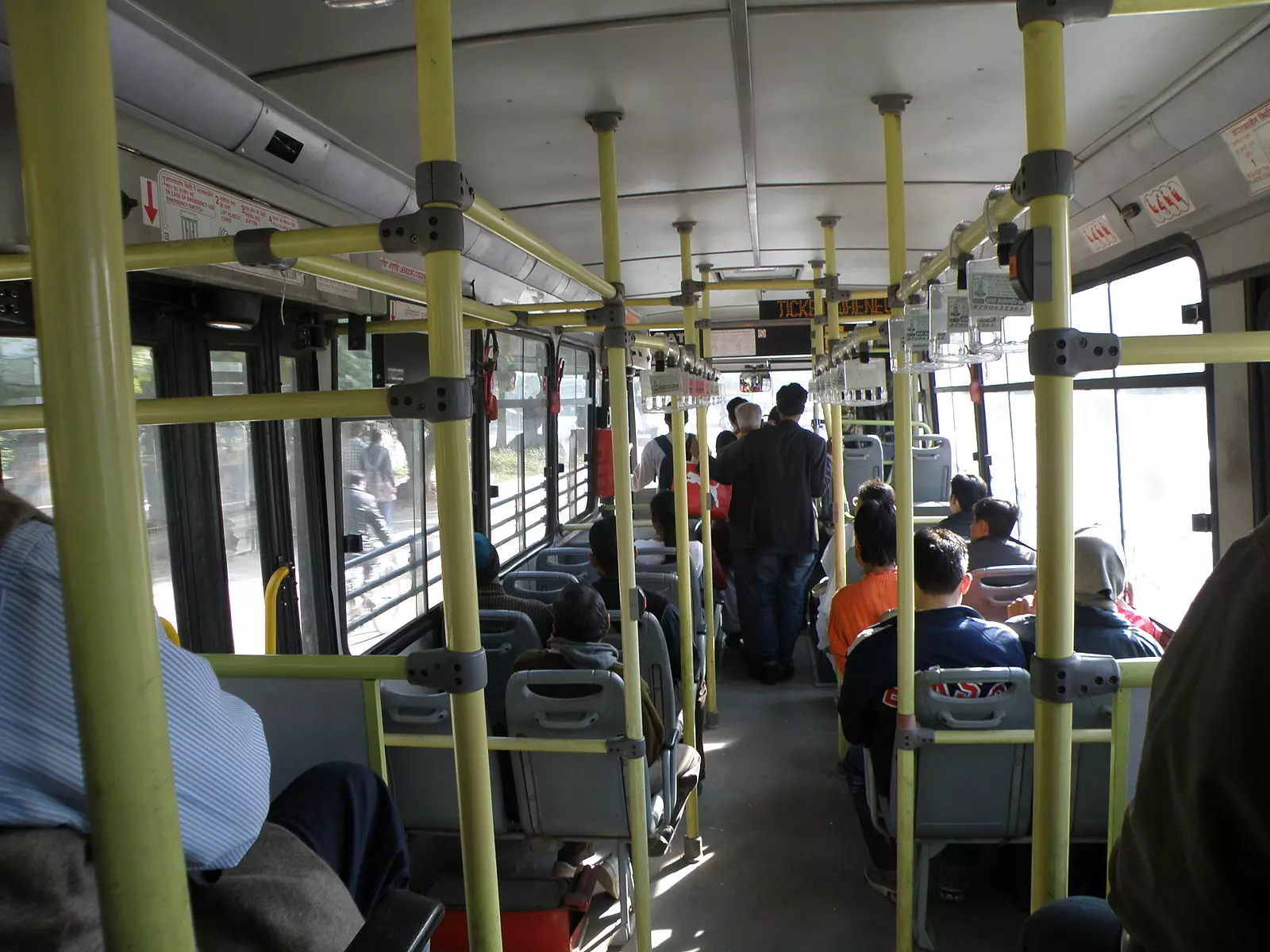A right to information (RTI) application filed by a Delhi-based advocacy group has revealed that 96 per cent of the existing Delhi Transport Corporation buses (DTC) will complete their 15 year service period within the next three years.
Jhatkaa, the advocacy group, mentioned in its press release dated March 15 that according to various court orders, Delhi should have 10,000-11,000 buses for public transport.
The group urged that attention needs to be paid not merely towards procuring new buses but also replacing the existing ones.
“Instead of just announcing big, the government should share a detailed year-wise timeline on the procurement of new buses,” the advocacy group stated.
As of December 1, 2021 DTC had a fleet of 3,760 low floor CNG (compressed natural gas) buses which included 2,504 non-air conditioned and 1, 256 air conditioned buses. The RTI reply informed that six buses in the fleet had already completed their service by the end of 2021. The response of the RTI came on February 5.
The RTI also found that nearly 17 per cent of the total buses, including non-AC and AC, are completing 15 years of service by December 2023, 11 per cent in 2024, 68 per cent by December 2025 and a mere 4 percent will complete their service period by December 2026.
“In a report by the Environment Pollution (Prevention and Control) Authority (EPCA) to the Supreme Court, it has been highlighted that air quality targets cannot be met unless public transport supply is urgently increased,” the advocacy group’s online campaign page read.

In November 2021, an analysis by Delhi’s Centre for Science and Environment had highlighted that vehicular emissions contribute the highest share to Delhi’s PM 2.5 levels, in terms of local sources of pollution. According to the page’s campaign, almost 20 to 25 lakh commuters use the bus services to commute in Delhi and the figure is increasing every year.
“Delhi is facing an enormous public transport infrastructure deficit. Despite the MPD 2021 target of getting the modal share of public-private transport to 80:20 ratio, the city is nowhere close to achieving it,” the advocacy group stated.
“With the current fleet as well, the DTC is facing a crunch of buses in the city, and therefore the newly procured buses will just suffice for the existing shortage,” it added.
Pointing towards the trend of shifting to private-owned vehicles from public transport, the group stated, “The problem of traffic congestion and air pollution has become serious in Delhi. Two-wheelers constitute around 60 per cent of the total vehicular burden, which means they are the biggest contributor to pollution. As public transport becomes unreliable, more people will continue to shift towards private owned vehicles.”
On March 8, 100 CNG buses and one new electric bus were flagged off by Delhi’s transport minister, Kailash Gahlot at DTC Indraprastha depot. The minister claimed that Delhi now has 7,000 public buses – a record for the city.
Also, earlier in January, Delhi Chief Minister Arvind Kejriwal had flagged off Delhi’s first electric bus and it was announced that DTC will have 300 e-buses by April 2022.
“These e-buses are 100 per cent electric and will be equipped with CCTV cameras, panic buttons and kneeling ramp for differently abled,” the Transport Department of the Delhi government posted on its official handle on January 18.
Hon’ble CM @ArvindKejriwal flags off Delhi’s First Electric Bus. DTC to have 300 E-buses by April 2022.
100% Electric & zero smoke; these E-buses will be equipped wit CCTV cameras, panic buttons & kneeling ramp for differently abled. @kgahlot #delhi #Ebus #ElectricVehicles pic.twitter.com/pXEP50CDNw
— Transport for Delhi (@TransportDelhi) January 18, 2022


















